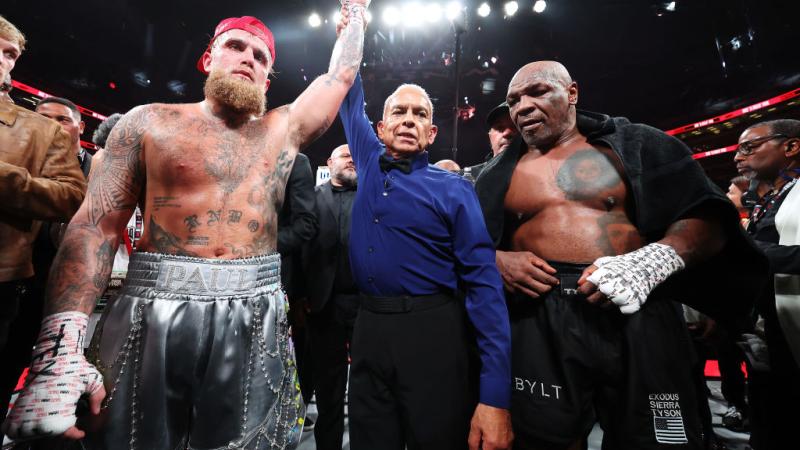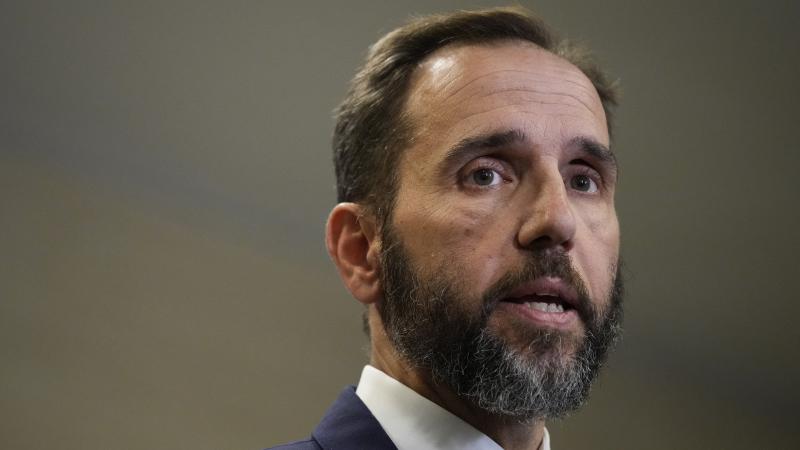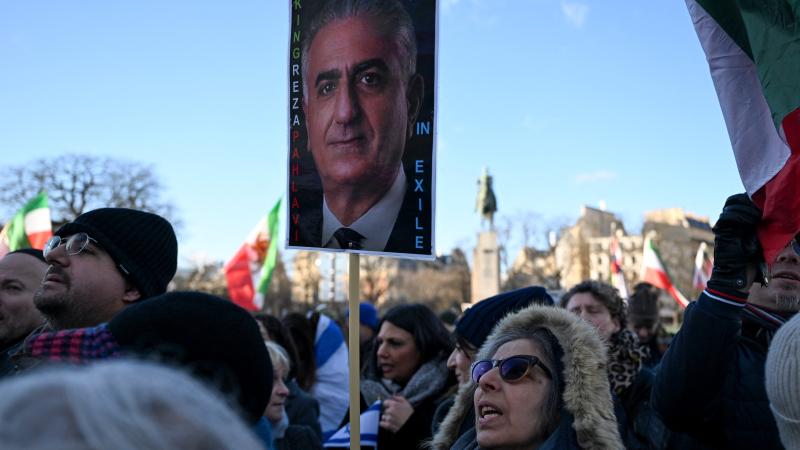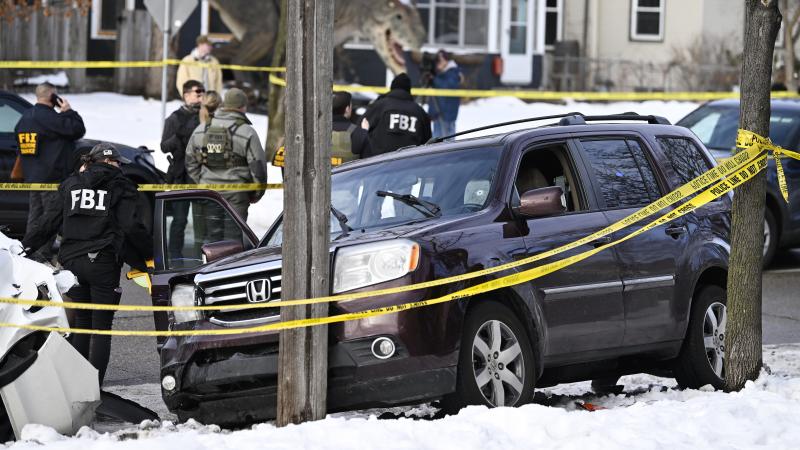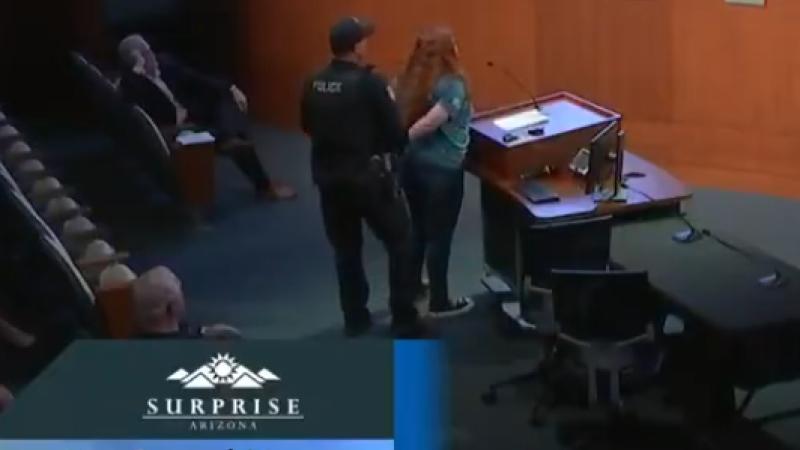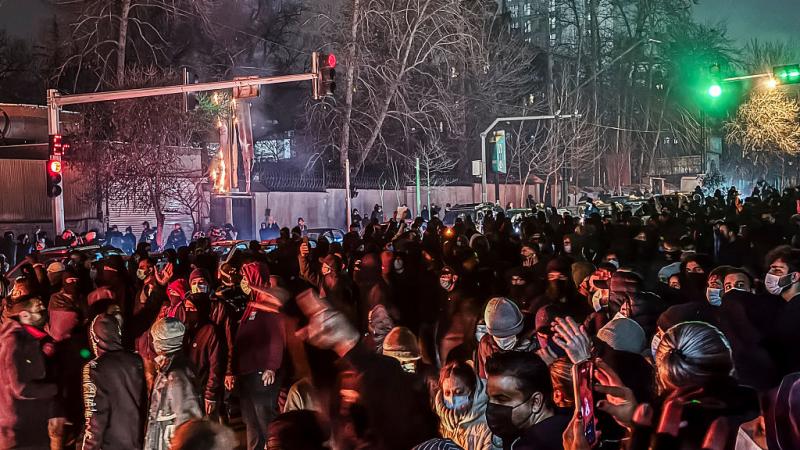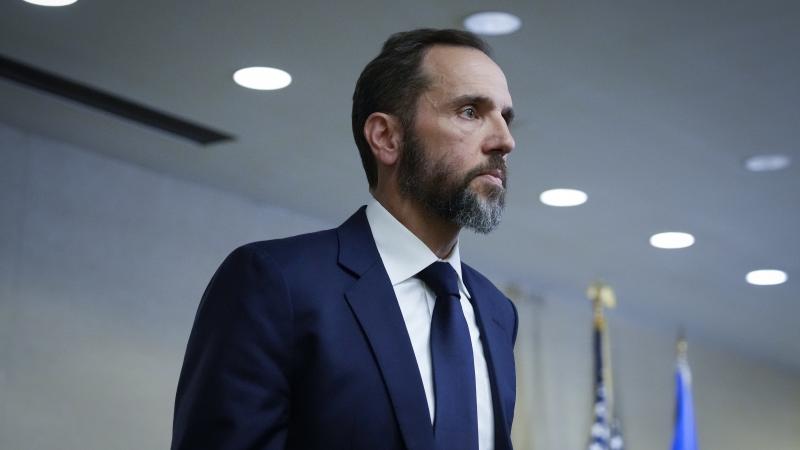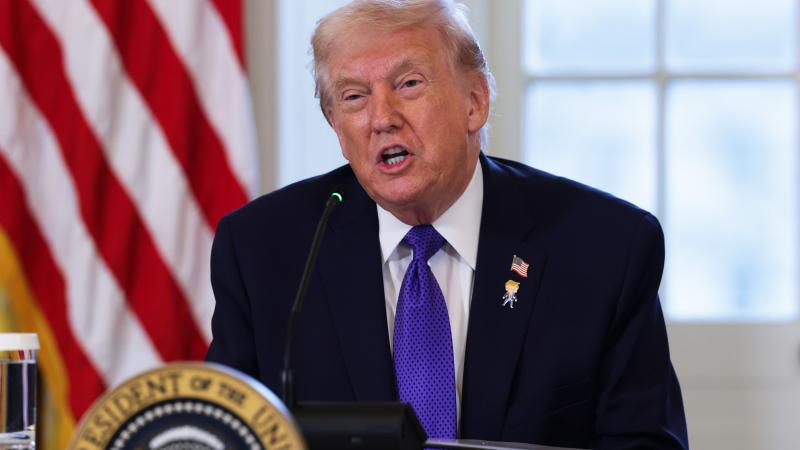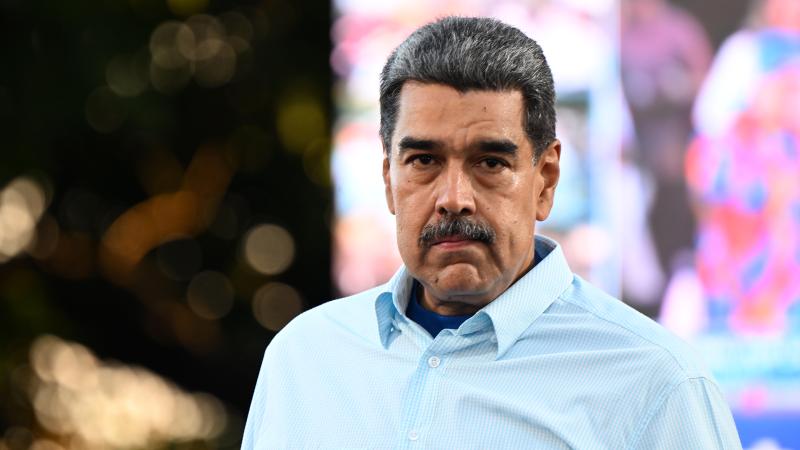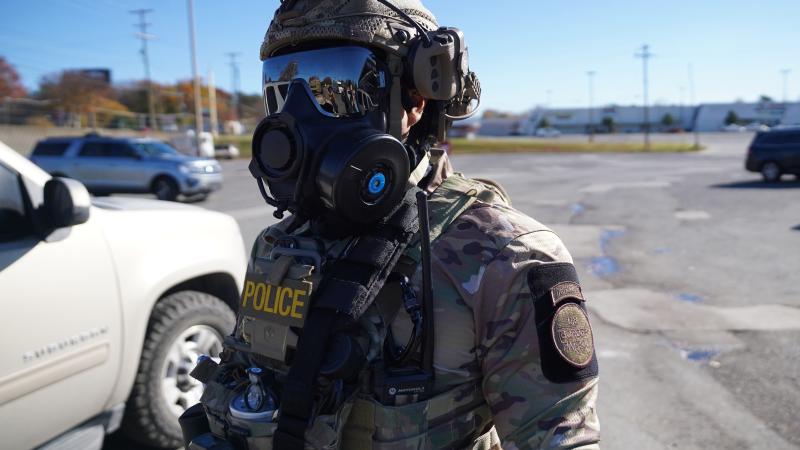Florida authorities to Mexican cartels: 'We will find them and eliminate them'
Attorney General Ashley Moody on Friday secured a 25-year prison sentence for a Latin King gang figure.
State, local and federal law enforcement agencies continue to target Mexican cartel drug crimes occurring in Florida.
Attorney General Ashley Moody’s Office of Statewide Prosecution on Friday secured a 25-year prison sentence for a Latin King gang member involved in a massive drug trafficking organization. Simultaneously, multiple federal agencies and the U.S. Attorney’s Office for the Middle District of Florida continue to secure victories against Mexican cartel operatives facilitating illicit drug smuggling and trafficking in Florida.
Moody’s announcement relates to a multi-agency investigation into a Mexican cartel and Sur-13 gang (Sureños) drug trafficking ring operating in Florida prisons with the intent to traffic and sell fentanyl and methamphetamine in Florida.
Investigators discovered that Sureños gang members, working with MS-13 and Latin Kings gang members, under “the criminal organization’s ruling body called the Mesa,” authorized gang requests to execute inmates in Florida prisons and distribute drugs sourced from Mexico and California.
Using contraband cellphones, gang members contacted each other in prisons located in Brevard, Charlotte, Holmes and Miami-Dade counties, as well as gang members and drug dealers outside of their prisons to facilitate drug shipments and deliveries.
The prison sentence announced this week was for one of the drug dealers operating outside of the prison who was charged with two counts of conspiracy to traffic in methamphetamine over 200 grams. It was the first of 25 defendants likely to be sentenced for their role in the drug ring who are still awaiting trial.
Authorities seized enough fentanyl to kill more than 11 million Floridians – more than half of the state’s population. They also seized over 380 pounds of methamphetamines and approximately five pounds of cocaine.
“Lethal substances are flooding into our country due to [President Joe] Biden’s disastrous open border and we must continue to be dogged in our efforts to interdict this poison and aggressively prosecute traffickers,” Moody said.
The announcement came less than two years after she first announced a multi-agency operation shut down the crime ring and arrested 25 people on 64 first-degree felony counts, including many already incarcerated.
The investigation was conducted by officers with the Florida Department of Law Enforcement, Federal Bureau of Investigation, Homeland Security Investigations and Hendry County Sheriff’s Office. Hendry County Sheriff Steve Whidden said that while his team may be smaller than others, his “narcotics unit is exceptionally adept at targeting major drug traffickers.”
He also warned gang and cartel members: “if they set up in Hendry County, we will find them and eliminate them.”
The sentencing announcement came one year after 22 attorneys general, including Moody, called on Congress to change federal law to allow states to jam contraband cell phones in prisons.
Prisoners are using contraband cell phones to conduct illegal activity “with no way to block them, and are posing an active threat to public safety,” including to “organize murders, riots, drug deals, fraud,” they wrote in a letter to congressional leaders. “If inmates were blocked from using contraband cell phones, we could prevent serious levels of drug trafficking, deadly riots and other crimes from happening,” they argued.
Congress has yet to act on their request.
As Moody’s cases move through court, several cases have been successfully prosecuted by the United States Attorney’s Office for the Middle District of Florida against Columbian and Mexican nationals involved with Mexican cartels.
A 52-year-old Columbian national was sentenced to 17.5 years in federal prison earlier this month for recruiting mariners to traffic cocaine to the Sinaloa Cartel. Known as “Galladita,” he was sentenced for conspiring to distribute cocaine on vessels subject to U.S. jurisdiction, the DEA announced.
According to court records, Galladita, a member of a transnational criminal organization, dispatched self-propelled semi-submersible (SPSS) vessels from Colombia into the Pacific Ocean to reach Sinaloa Cartel members in Oaxaca, Mexico. He also recruited SPSS crew members for the trips, delivered money to them, and assisted with SPSS departures. Two SPSS vessels were interdicted in international waters by organized crime DEA task force agents who seized more than 12,000 kilograms of cocaine.
The investigation involved multiple federal agencies and defendants were prosecuted in the Middle District of Florida. Galladita pleaded guilty in 2019 after he was arrested and extradited from Columbia.
Mexican nationals were also recently sentenced in separate federal cases in Florida. One faces 10 years in federal prison for conspiring to possess with the intent to distribute methamphetamine. Another with prior convictions committed another crime after being released from prison on supervised release after having served 18 years in federal prison on drug trafficking and firearms charges. After being arrested, charged and tried, he was sentenced in January to more than 10 years in federal prison for possession with the intent to distribute 500 grams or more of methamphetamine.


